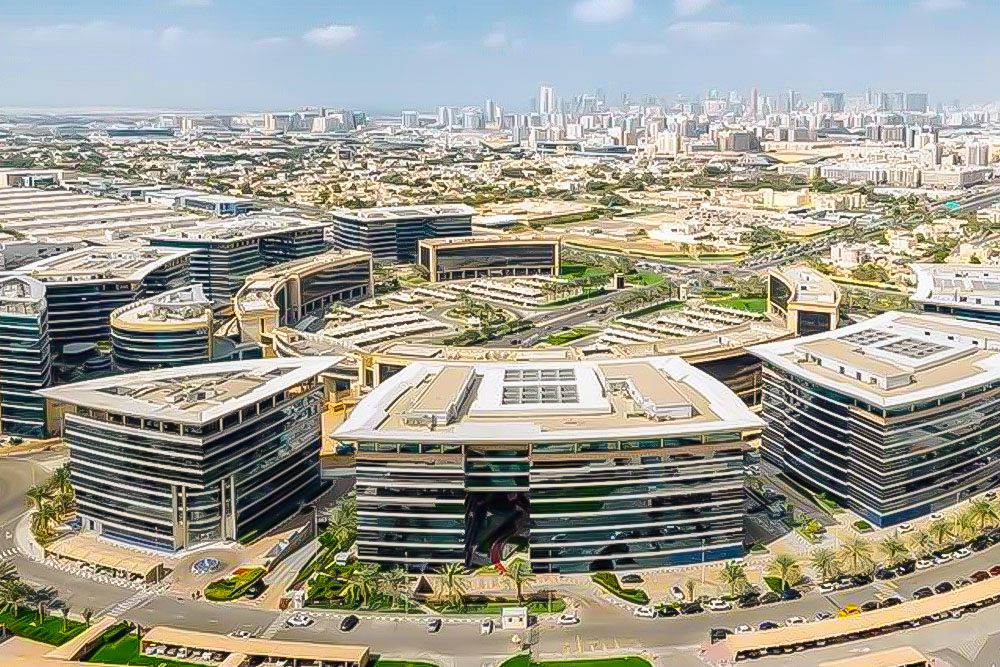Setting Up Free Zone Companies in Dubai and UAE
The UAE boasts a network of nearly 40 Free Zones, with more on the way. Each zone, governed by its Free Zone Authority (FZA), caters to specific business sectors. Companies operating within these categories are eligible for licenses.
Free Zone companies offer distinct advantages:
- No foreign ownership restrictions: Foreign entities can fully own businesses.
- Independent Free Zone Authority: Each zone has its own authority, which is responsible for issuing licenses and regulating company activities within its boundaries. Free Zone companies are not subject to the UAE’s Commercial Companies Law.
A Common Misconception: It’s essential to clarify the difference between Free Zone and Offshore Companies. While they share similarities, they have distinct requirements and characteristics.
UAE Free Zone Residence Visas
Free Zone Authorities typically offer residence visas for owners, directors, and established company employees (not including family members). The number of visas per company depends on the specific Free Zone, leased office space, and sometimes, the nature of the business. These visas typically have a three-year validity period and are renewable.
Beyond Residence Visas: Here are the key benefits of establishing a Free Zone Company:
- 100% Foreign Ownership: No requirement for a local partner.
- Full Repatriation: Profits and capital can be fully repatriated.
- Tax Exemptions: Free from corporate and personal income taxes.
- No Currency Restrictions: Freely move money in and out.
- Diverse Business Activities: Wide range of licensable activities.
- Cost-Effective Resources: Abundant and affordable energy.
- Modern Infrastructure: Efficient communication networks.
- Logistics Advantage: Strategic location fosters business efficiency.
Choosing the Right Free Zone for Your Business
The key to selecting the ideal Free Zone is matching your business activity with the zone’s specializations. Here’s a breakdown of some prominent Free Zones and the license activities they offer:
- Dubai Multi Commodities Centre (DMCC): Specializes in commodities trade and exchange.
- Jebel Ali Free Zone (JAFZA): Offers licenses for trading, general trading, services, logistics, and industrial activities.
- Dubai International Financial Centre (DIFC): Focuses on banking, financial services, and legal activities.
- Dubai World Central (DWC): Caters to aviation, logistics, light industry, and ancillary services.
- Dubai Knowledge Park (DKP): Grants licenses for human resources management, training, and personal development.
- Dubai Internet City (DIC): Specializes in internet and communication technology.
- Dubai Media City (DMC): Issues licenses for media-related activities.
- Dubai Silicon Oasis (DSO): Offers licenses for information technology, telecom, electronics, and engineering.
- Dubai Healthcare City (DHCC): Specializes in healthcare, medical education and research, pharmaceuticals, and medical equipment.
- Ras Al-Khaimah (RAK) Free Zone: Grants licenses for trading, general trading, services, industrial, and educational activities.
- Fujairah Creative City (FCC): Focuses on media, consulting, communications, design, and technology.
Free Zone Company Formation Requirements
Investors have three options for setting up a presence in a UAE Free Zone:
- Register a new Free Zone Establishment (FZE): This is a single-shareholder limited liability company governed by the Free Zone’s rules, not the UAE Commercial Companies Law (CCL).
- Register a new Free Zone Company (FZC): This is a multi-shareholder limited liability company governed by the Free Zone’s rules, not the CCL.
- Establish a branch or representative office: This is an extension of an existing company based in the UAE or abroad.
Required Documents and Due Diligence:
All shareholders and directors of a new Free Zone company must provide the following documents:
- Certified passport copy and UAE visa/entry stamp (if applicable)
- Two proofs of address (issued within the last 3 months)
- Bank or professional reference letter
- Curriculum Vitae (professional history summary)
- Completed company application form (provided by us)
Business Plan:
Some Free Zones may require a detailed business plan depending on the proposed business activity. We offer a variety of templates to help you.
Next Steps:
After establishing a legal presence in a Free Zone, your business will need to:
- Lease office space or land.
- Obtain an operating license from the relevant Free Zone Authority (license types vary by Free Zone).
Important Note:
Free Zone companies with trade and industrial licenses can only operate within or internationally. Selling products within the UAE mainland requires a UAE official agent and a joint venture.
Frequently Asked Questions
Why Choose a Free Zone Company over an Offshore Company?
- While Free Zones are slightly more expensive and take longer to set up (4-6 weeks) compared to Offshore Companies, they offer a crucial advantage: a physical presence in the UAE.
- With a Free Zone Company, you can have office space and obtain visas without needing a local sponsor.
- It’s important to note that business activities must be conducted outside the UAE mainland (internationally) or within the Free Zone itself.
Do Free Zone Companies Receive Licenses?
- Absolutely! All Free Zone companies are issued a trade license for their business activity. These licenses cover trading, manufacturing, industrial, consultancy, and service activities. Remember, most Free Zones specialize in specific sectors.
Can I Operate Anywhere with a Free Zone Company?
- No, Free Zone companies can only do business internationally or within the designated Free Zone. Selling products or services within the UAE mainland requires a separate UAE Onshore Company with a local sponsor.
Are There Business Activity Restrictions?
- Yes, some activities might require additional approvals from specific government ministries or regulatory bodies. For instance, educational or training businesses may need approval from the Knowledge and Human Development Authority (KHDA). The Free Zone Authority will handle these approvals during the incorporation process if required.
What are the Legal Requirements for a Free Zone Company?
- Each Free Zone has its own governing body so that requirements can vary slightly. However, most follow a similar structure. You can choose between a Free Zone Establishment (FZE) with one shareholder or a Free Zone Company (FZC) with two or more (both individual and corporate shareholders are allowed).
- A company manager is mandatory. This person oversees daily operations, manages the bank account, signs contracts, and authorizes any company structure changes. They must be a UAE resident or intend to become one.
How Many Residency Visas Can I Get?
- The number of visas depends on your office setup. Virtual Office/Flexi-Desk options typically come with 2-3 visas, while physical office space allocations depend on size (generally 1 visa per 10 square meters).
Can I Get a Tax Residency Certificate?
- Yes, Free Zone companies can apply for a Tax Residency Certificate. This can be particularly beneficial if you want to leverage the UAE’s network of double tax treaties.


